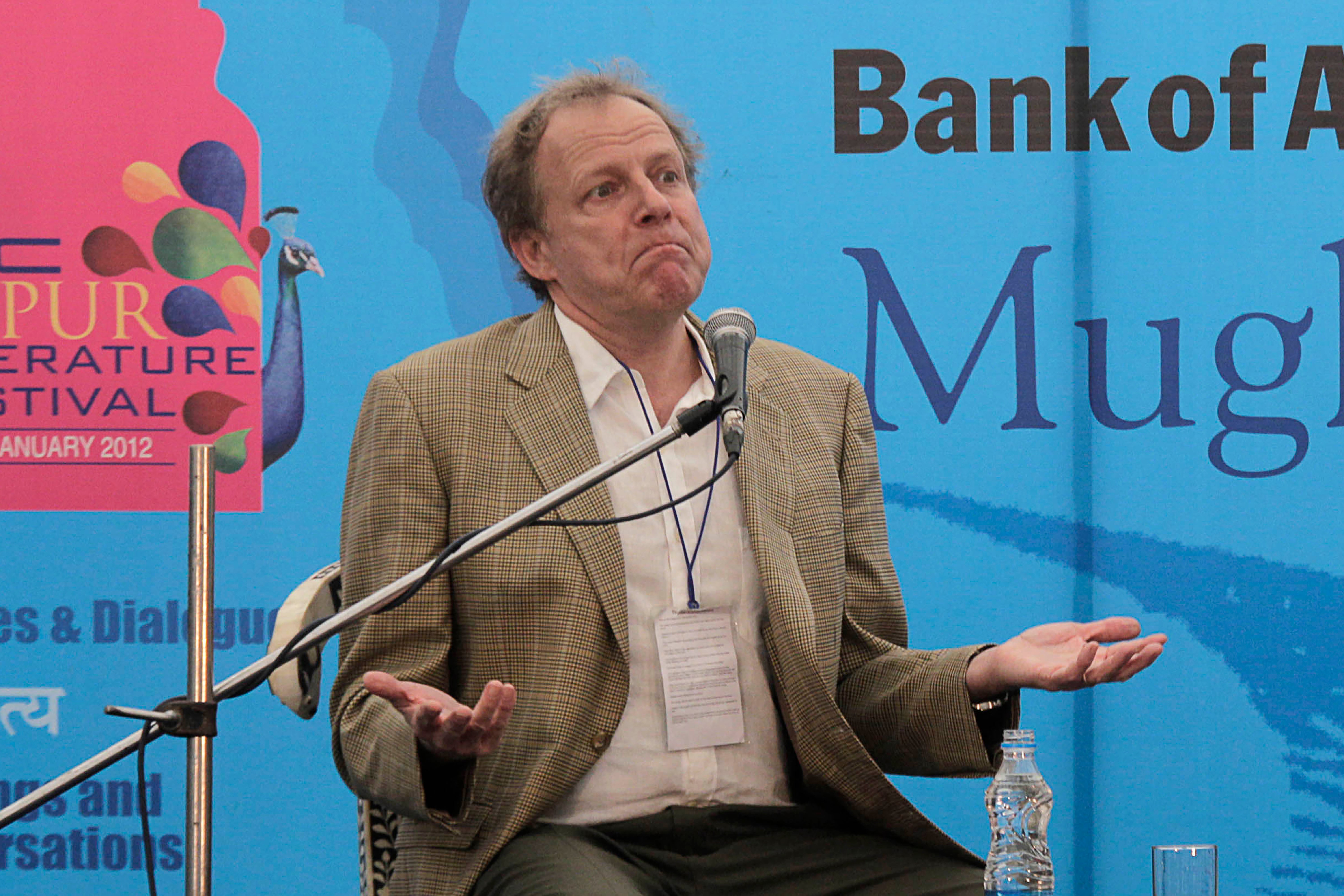Shakespeare story wins nonfiction 'winner of winners' prize
An account of a pivotal year for English history and literature has been named the greatest-ever winner of the U.K.’s leading nonfiction book prize

An engrossing account of a pivotal year for English history and literature has been named the greatest-ever winner of the U.K.’s leading nonfiction book prize.
James Shapiro’s “1599: A Year in the Life of William Shakespeare” won the Baillie Gifford Prize Winner of Winners award Thursday. It was crowned from a field of six finalists drawn from the 24 winners of the Baillie Gifford award, which marks its 25th edition this year.
Shapiro, professor of English and comparative literature at Columbia University, was awarded the 25,000-pound ($31,000) prize at a celebratory dinner in Edinburgh, Scotland.
Launched in 1999 and known until 2015 as the Samuel Johnson Prize, the award celebrates English-language books from any country in the fields of current affairs, history, politics, science, sport, travel, biography, autobiography and the arts. It has been credited with bringing an eclectic slate of nonfiction books to a wider audience.
Shapiro’s book, which won the prize in 2006, explores Shakespeare’s life in teeming Tudor London in the year he turned 35, completed “Henry V,” wrote “Julius Caesar” and “As You Like It” and produced the first draft of “Hamlet,” widely regarded as his greatest play.
Author and academic Sarah Churchwell, one of the four prize judges, said Shapiro’s book “does so many things remarkably well.”
It’s “a biography of one of the greatest writers who ever lived, about whom we know almost nothing,” she said, and “a biography of the mind of a genius at work.”
Churchwell said the judges “felt it was important the book that won showed what creative nonfiction can do.”
“1599” beat five other books, including British writer Craig Brown’s “One Two Three Four: The Beatles in Time,” Canadian author Wade Davis’ mountaineering odyssey “Into the Silence” and Canadian Margaret MacMillan’s history of the post-World War I peace talks, “Paris 1919.”
The two other finalists were American: Barbara Demick, for “Nothing to Envy: Real Lives in North Korea,” and Patrick Radden Keefe for opioid expose “Empire of Pain: The Secret History of the Sackler Dynasty.”
Bookmark popover
Removed from bookmarks